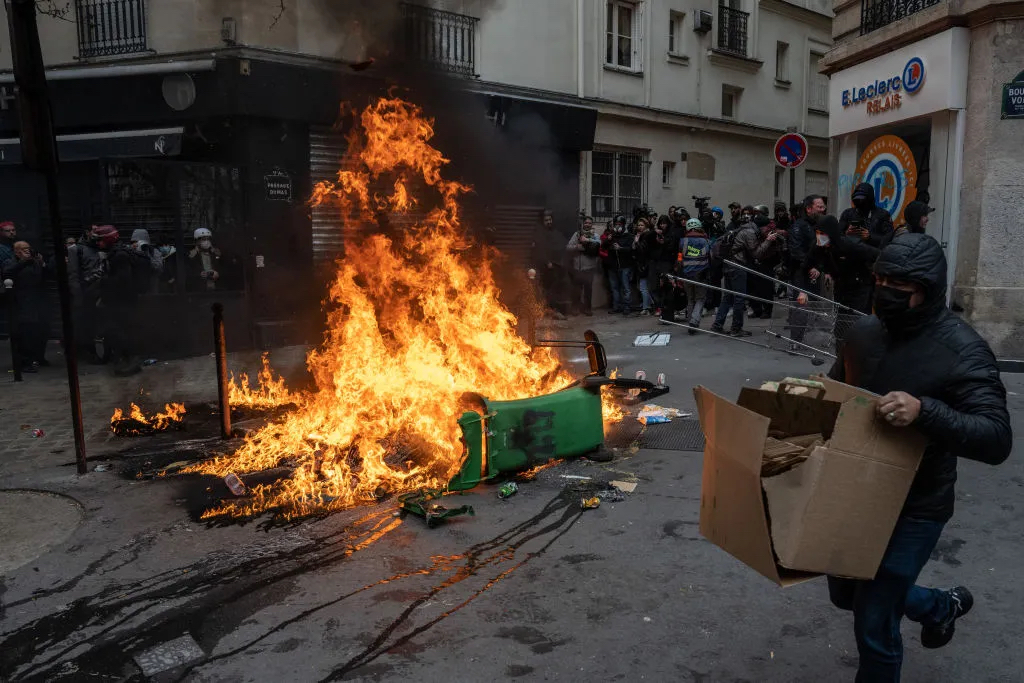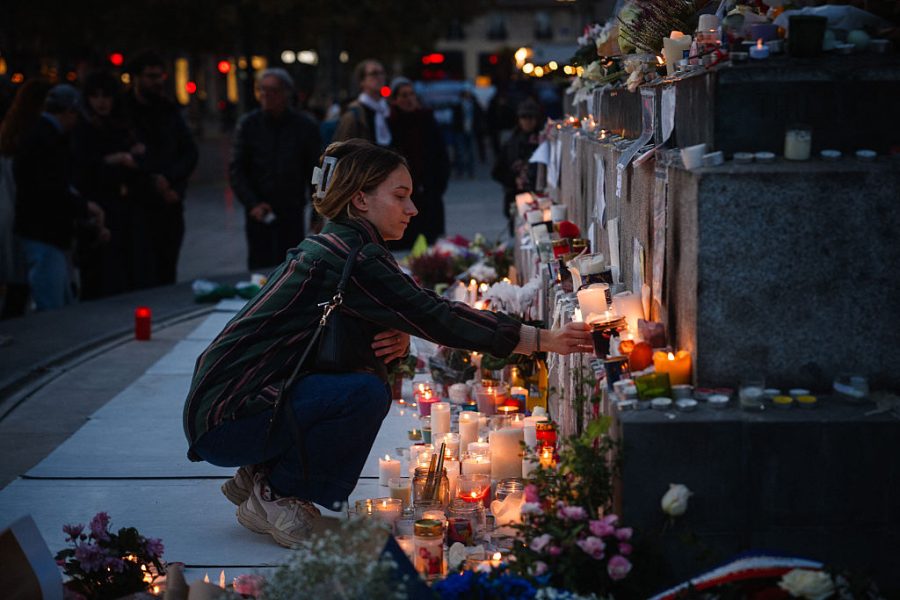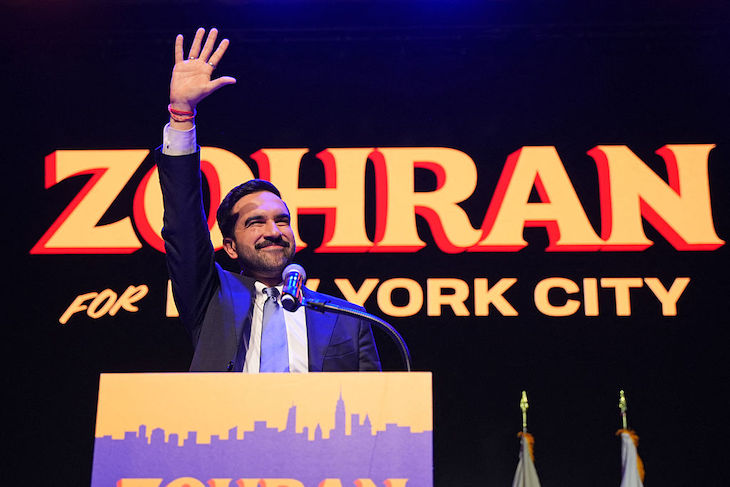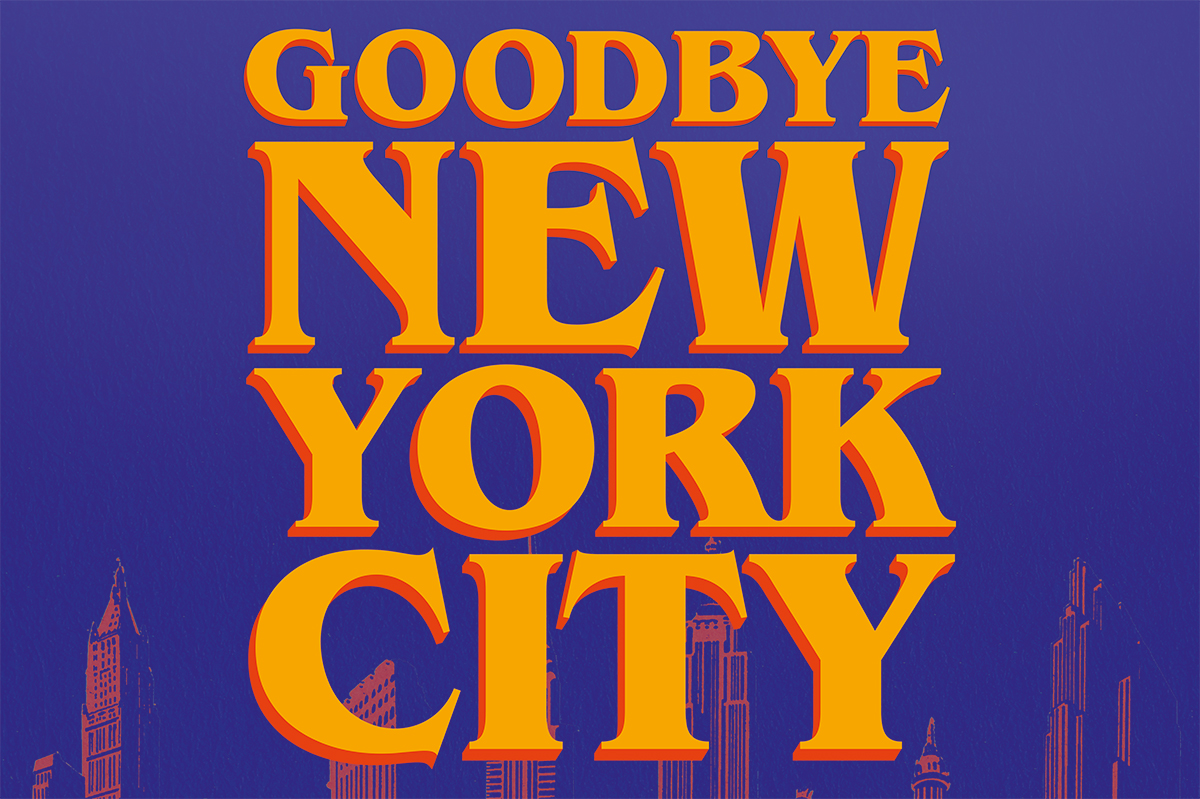Since the middle of March in France, 1,247 Gendarmes, police and fire fighters have been injured in the line of duty. There have been over 2,500 deliberate acts of arson and around 350 buildings have been vandalized in some shape or form.
Forty-seven of those gendarmes were injured on Saturday March 25 when they were attacked by a large and well-organized army of environmental extremists at Sainte-Soline in western France, some of whom came from Germany, Italy and Switzerland. The previous October sixty-one gendarmes were wounded at the same location.
Television footage of last month’s violence showed the extremists advancing towards the gendarmes in a well-drilled military maneuver, throwing Molotov cocktails from behind shields. Four police vehicles were destroyed by the militants’ bombs.
Yet according to the protesters and some of their sympathizers in the media, they were only hurling Molotov cocktails in self-defense. Similar claims have been leveled at the police during the protests against the government’s pension reform bill; on Thursday in Paris seventy-seven police officers were injured, thirteen of whom required hospital treatment, as protesters sacked a bank and set fire to a restaurant in which Emmanuel Macron once dined.
Online petitions to disband a rapid reaction police force has garnered over 260,000 signatures and the leader of the far-left La France Insoumise, Jean-Luc Mélenchon, has accused the police of excessive violence. The minister of the interior, Gérald Darmanin, has countered by claiming Mélenchon’s objective is “revolution… trying to obtain through disorder what he can’t obtain through the ballot box.”
A great many of the violent protesters on the far left come from comfortable middle-class homes. In 2016 seven members of antifa were convicted of torching a police car in Paris and attacking its occupants; the ringleader was a twenty-two-year-old sociology student, the great-grandson of the famous French writer, Georges Bernanos, a Catholic and monarchist.
Other than antifa the far-left group most known for its violence is Black Bloc, or as many in France call it, “Black Bourges,” on account of its many bourgeois members.
This is not a new phenomenon. The murderous far-left terrorist groups of the 1970s, such as Germany’s Red Army Faction and the Red Brigade in Italy were also overwhelmingly bourgeois in composition. They portrayed themselves as “progressives,” rebelling against a world run by conservative capitalists, and it won them sympathy among their peers.
The same was true of Action Directe, which carried out multiple terrorist attacks across France in the early 1980s, including the murder of the CEO of Renault. Imprisoned for his involvement in that crime was Jean-Marc Rouillan, who was back in court in 2016 after he praised the “courage” of the Islamist terror cell that slaughtered 130 Parisians the previous year.
Last month Rouillan addressed students at Bordeaux University about prison and repression. Neither his presence or his introduction as a “former political prisoner” troubled the bien pensants of France. Nor did they raise objections last month when the radical Swedish environmentalist Andreas Malm spoke in Paris. Malm advocates violence in the name of climate change, writing in his recent book, How to Blow up a Pipeline, that “change will have to be forced upon them.”
Last year Gérald Darmanin coined the phrase “eco-terrorists” to describe radical environmentalists. Then there was outrage among the bien pensants, as there was when Darmanin recently announced the dissolution of Soulèvements de la Terre (Earth’s Uprising), the group responsible for organizing the protest at Sainte-Soline. Peter Gabriel, Ken Loach and Roger Waters are among the celebrities who have signed a petition demanding a reprieve for the group.
Is Darmanin’s description inaccurate? In recent years radical environmentalists have attacked butchers’ shops, vandalized livestock farms and hijacked a train carrying 1,400 tonnes of wheat, which they emptied onto the tracks; France’s largest farming union described the train incident as “terrorism.”
The timing of the battle of Sainte-Soline could not have been better for the journalist Anthony Cortes, whose new book, The Coming Confrontation: From Eco Resistance to Eco-Terrorism, describes the radicalization of the movement. He spent time living among one such group in the south of France and dispelled the myth of a hippy commune. Today’s extreme left is a well-organized conglomeration of anti-fascists, Trotskyists, anti-capitalists, anarchists and eco-warriors with the most violent the most dominant. Cortes likened it to George Orwell’s Animal Farm. For many of the extremists the environmental flag is one of convenience; they are more interested in toppling the “system” than they are saving the planet.
In a recent interview the constitutional historian Christophe Boutin explained that violence “is in the DNA of a certain French left. This he attributed to “the myth of the Revolution… and a Marxist doctrine according to which capitalism can only end in violent revolution.”
Other European left-wing parties are looking to France for inspiration in their struggle to remain relevant in a continent where, increasingly, the electorate are voting for parties that lean to the right. Le Monde reported this week that Mélenchon’s far-left party have hosted several “European guests” to the pension reform protests in Paris.
These include representatives from the Greek radical left party, Syriza, and the Belgian Werkliedenpartij with Maoist roots. Among the British guests are members of the campaign group, “NHS workers say NO,” one of whom, Harry Eccles, told Le Monde: “The resistance of the French, their ability to say no, is inspiring. They know the strength of their collective capacity, while we are just beginning to discover it.” Eccles recently described Jeremy Corbyn as a “hero.”
Unfortunately for the French left, their involvement in the pension protests is not benefiting them politically. A poll this week revealed Jean-Luc Mélenchon’s approval rating is down by 4.5 percent (Macron’s has fallen 2.8 percent) and Marine Le Pen’s stock has risen by 7.5 percent. Talk of a first French female president is far too premature but one thing is certain: if there is to be a revolution in France, it’s far more likely to come from the right than the left — and it will be achieved at the ballot box not with a Molotov cocktail.
This article was originally published on The Spectator’s UK website.

























